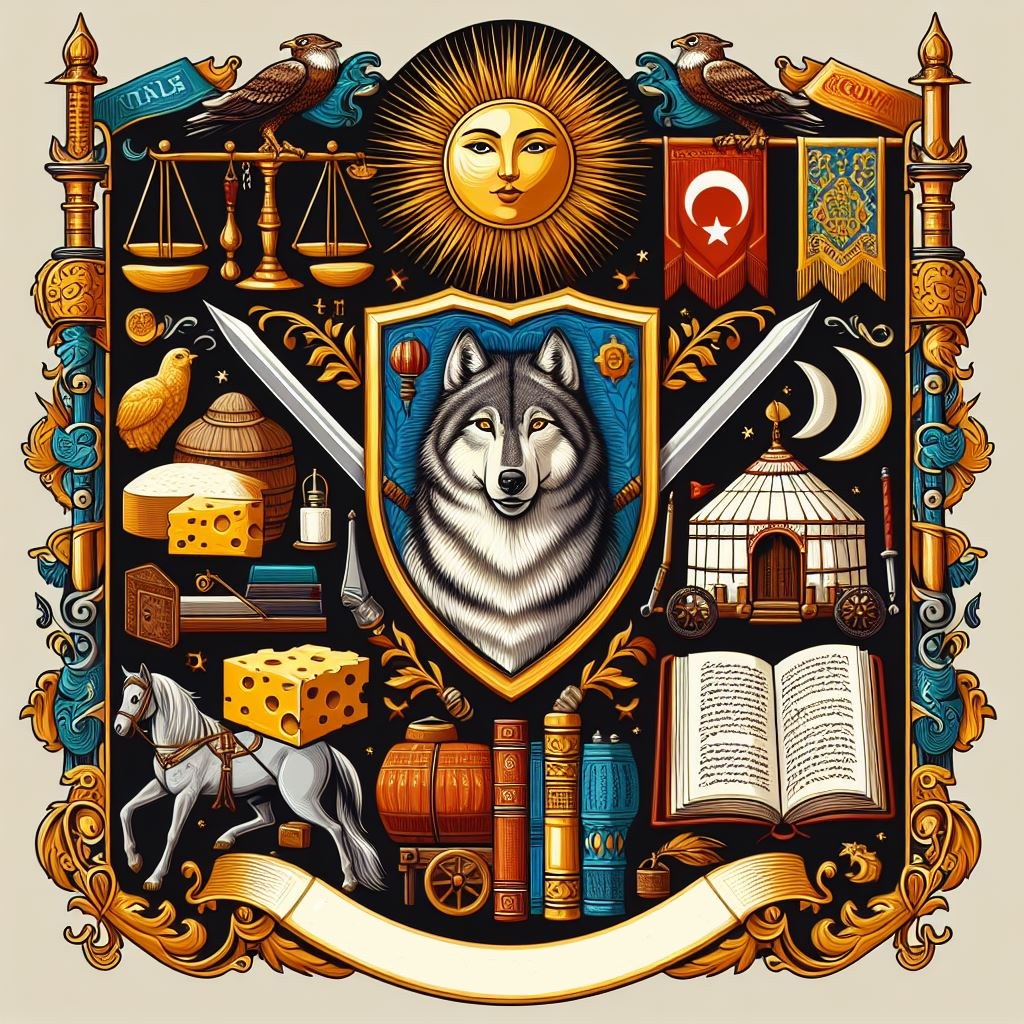Tecirli History 1800-1920
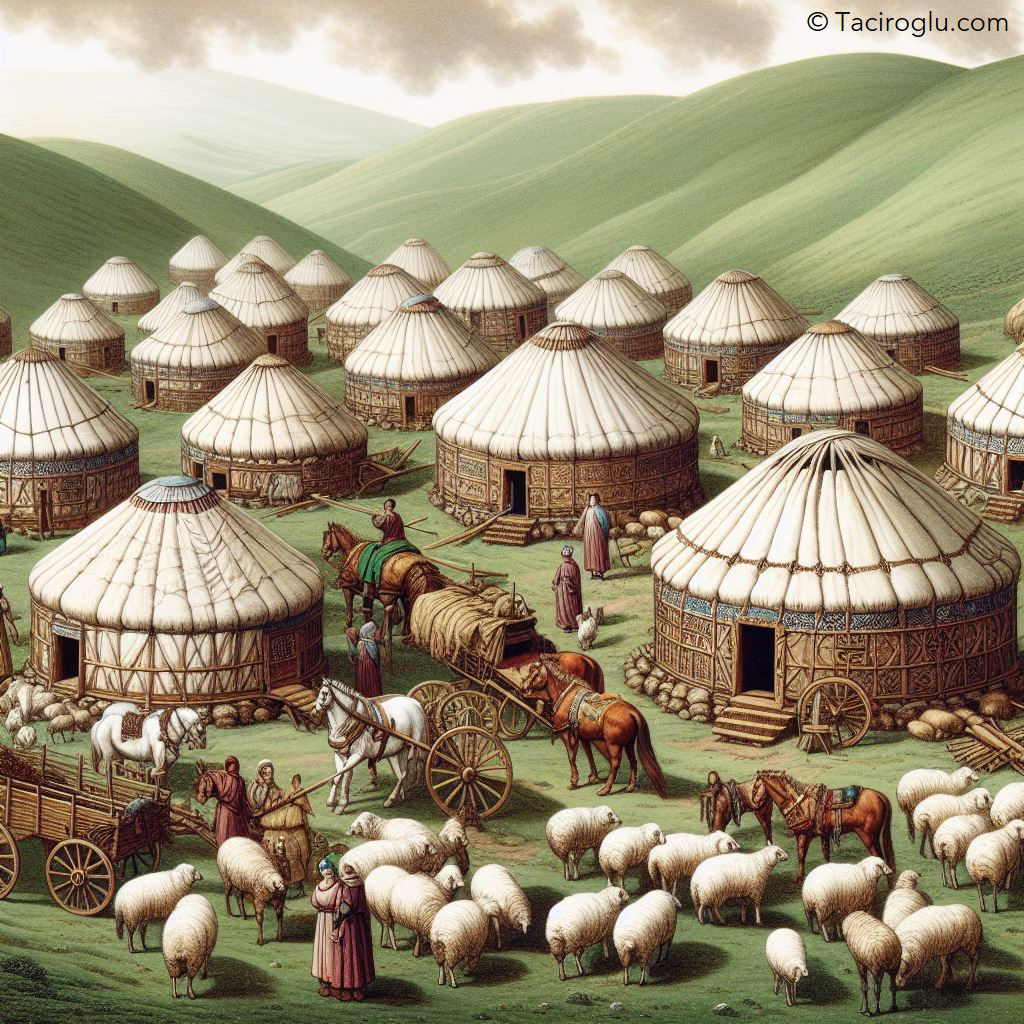
Taciroglu was a member of the Tecirli clan. The Tecirli Clan was one of the Turkmen nations that formed the Dulkadir dynasty in eastern Anatolia. The Dulkadir dynasty governed parts of Anatolia and northern Syria from the 14th to the 16th century. The Tecirli clan’s history before the 19th century, when they were under the Dulkadir rule, is largely obscure and undocumented. Looking at Tecirli history, the clan had two distinct groups of nomads: pastoral nomads and trader nomads. Pastoral nomads were the ones who raised livestock, mainly sheep, and moved with them according to the seasonal availability of pastures. They inhabited a large region in south central Turkey, bordered by Mount Erciyes in the north, Tarsus in the southwest, Gaziantep in the southeast, Kahramanmaras in the east, and Aksaray in the west.
Pastoral Nomads
They did not practice any agriculture, as they were constantly on the move.They resided in portable dome-shaped tents made of wooden frames and felt, following the traditional Turkmen-style yurts. Being skilled horsemen, they prevented damage to local crops by keeping their animals away from cultivated lands, pioneering the herding of large livestock across vast distances akin to the early cowboys.
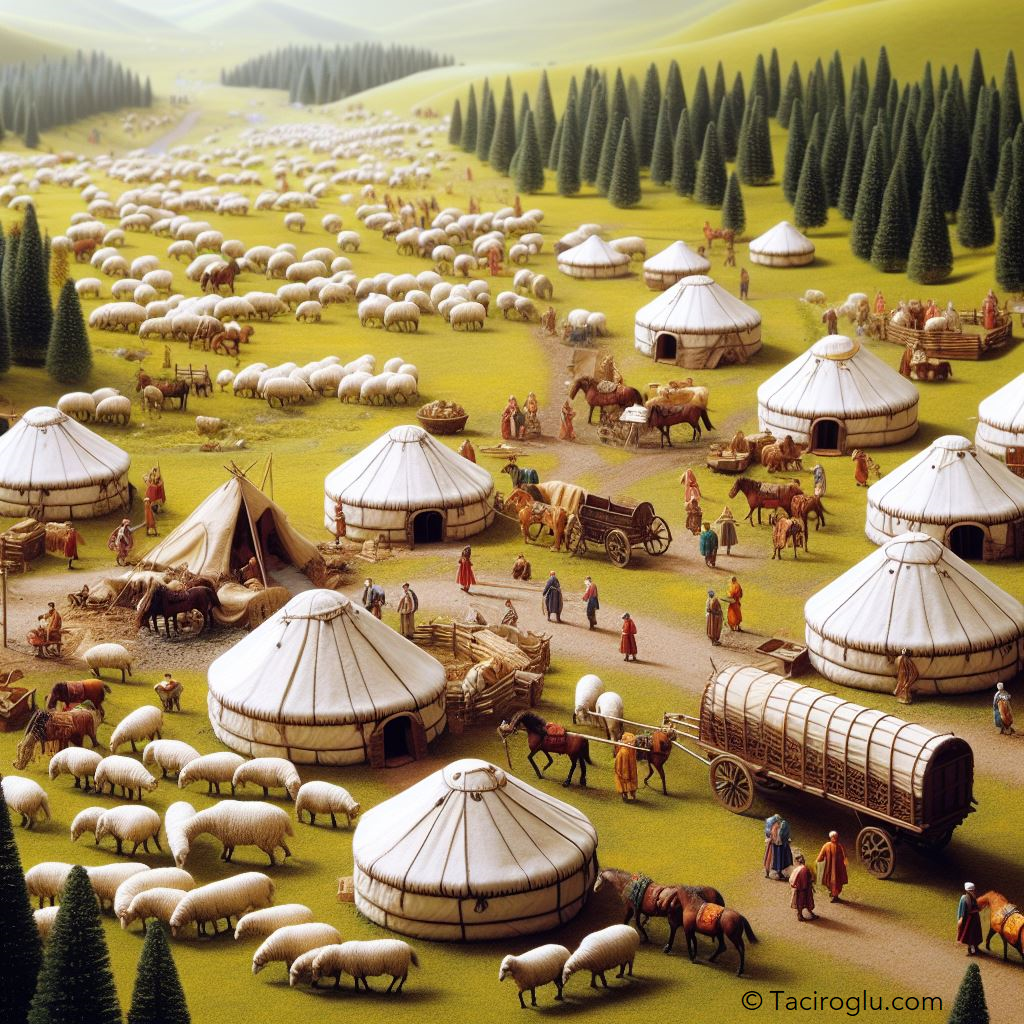
Trader Nomads
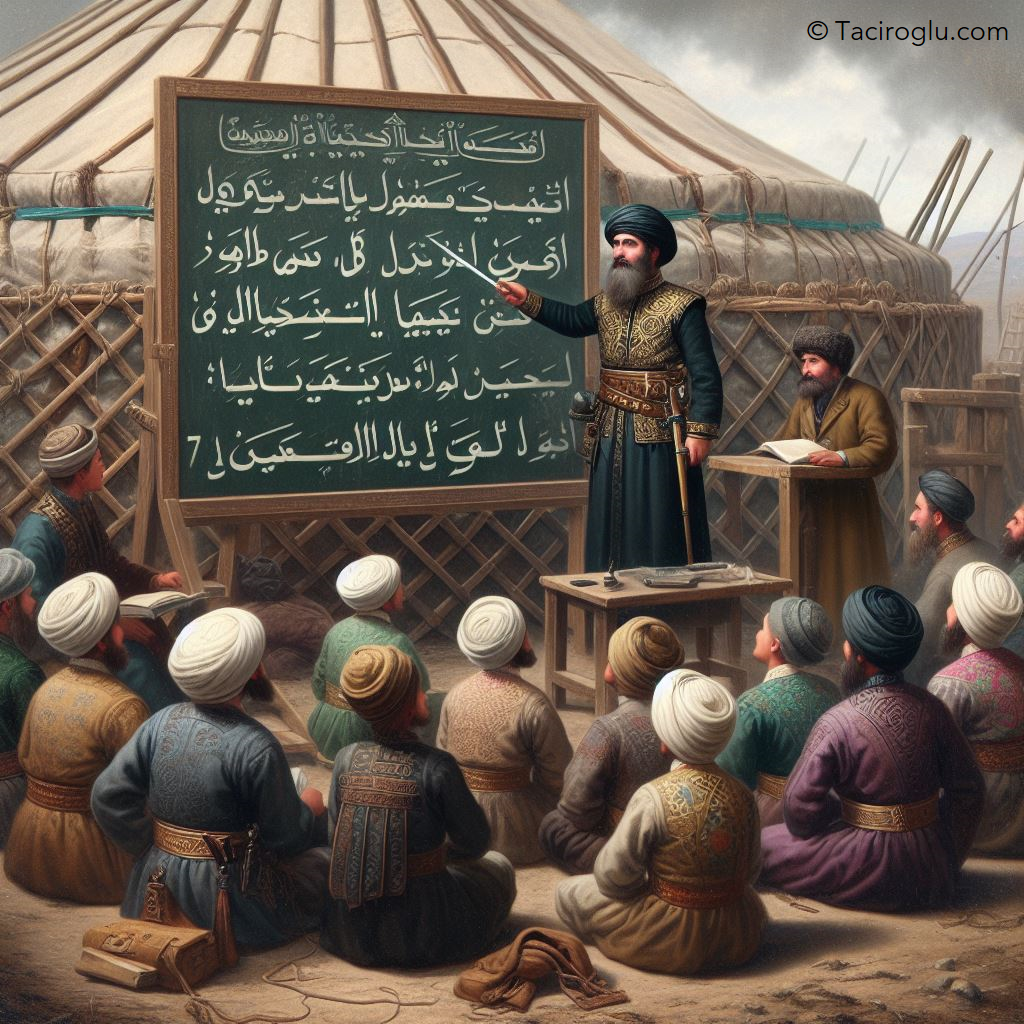
Trader nomads, on the other hand, were the ones who engaged in commerce, crafts, and services. They mostly resided in larger cities such as Kahramanmaras, Nigde, and Adana, but they also traveled frequently between their clan’s settlements and other urban centers, expanding their trade network and influence. Trader nomads were also very well educated, as they had access to schools and libraries in the cities. When they visited the clan’s settlements, they would set up small classrooms and teach the pastoral nomads various subjects, such as reading, writing, arithmetic, and religion.
However, the pastoral nomads who were always on the move did not have the opportunity to receive education, as they had to follow their herds. This created a social gap between the two groups of nomads, as the pastoral nomads were seen as uneducated and uncivilized by the urban dwellers. Another important role of the trader nomads was to provide legal and tax assistance to the clan, as they had the knowledge and the connections to deal with the local authorities. They were like the accountants and lawyers of their time.

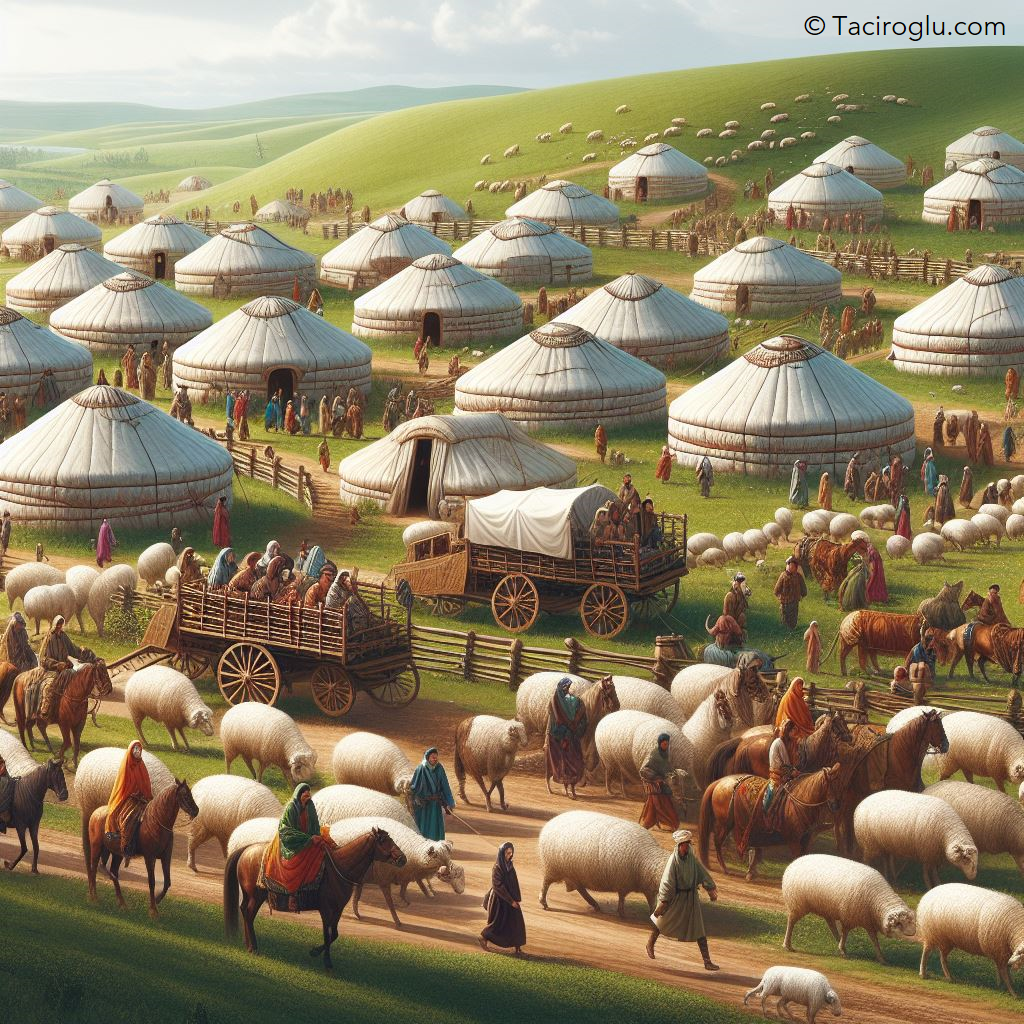
The Tecirli clan was able to maintain its autonomy and territory for a long time, thanks to its large size and its strategic settlements. The clan established many small settlements in different parts of its territory, which functioned as shelters for the nomads. These settlements helped the clan to protect its lands from invaders and rivals, especially when the nomads were traveling with their herds. These settlements also functioned like hotels for the trader nomads, who would stay there during their journeys and exchange goods and information with the pastoral nomads.
Tradition of Apprenticeship
The Taciroglu clan had a tradition of sending their young sons to work as apprentices for other merchants who were not nomads. These merchants belonged to different ethnic and religious groups, such as Jews, Greeks, and Armenians, and they had a reputation for their trade skills and business savvy. The apprentices learned not only the secrets of commerce, but also the cultural and religious values of their mentors. They also attended schools where they acquired language skills, mathematics, and accounting. As a result, most Taciroglu of that time were multilingual and well-educated. The clan also instilled in their sons the virtues of courage, justice, and community service. They taught them to defend their rights and their lands, even if it meant risking their lives.

Unfair Taxes
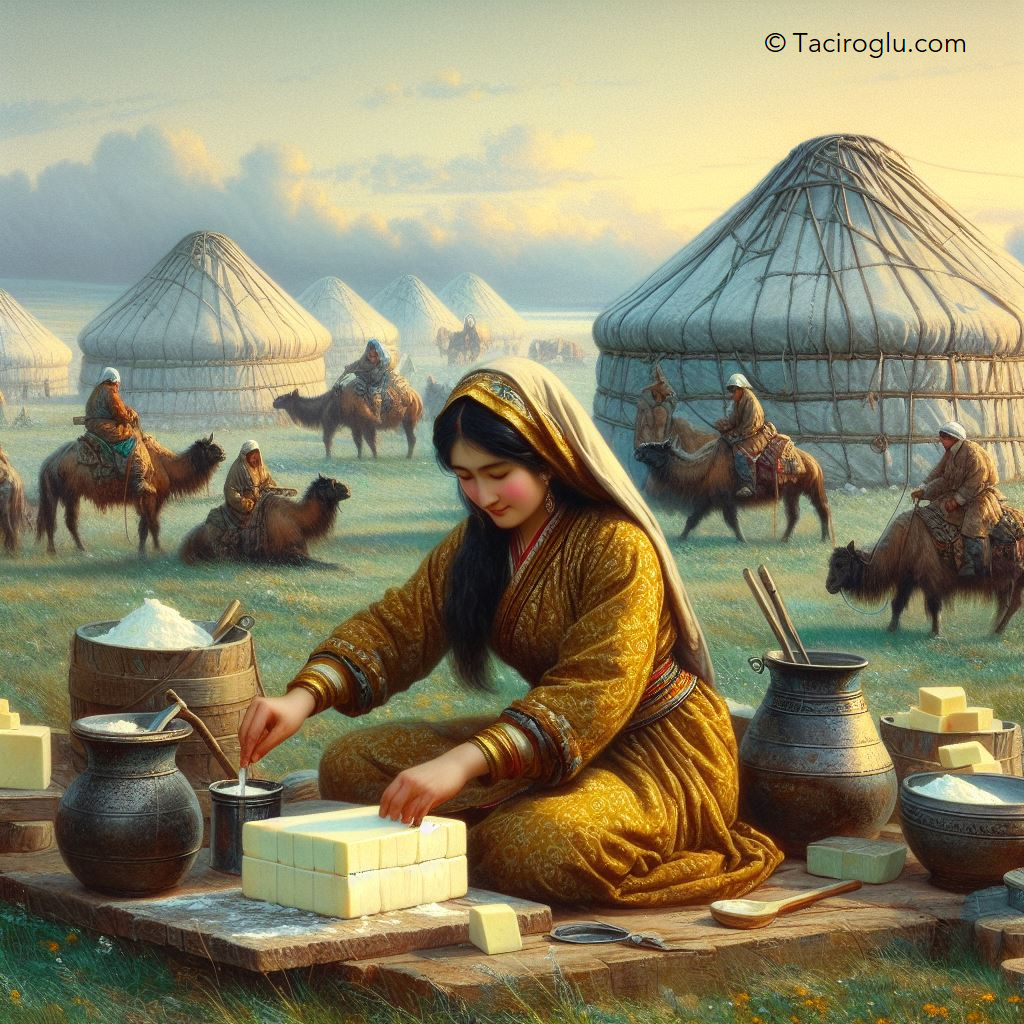
The 19th century was a turbulent time for the Ottoman Empire, which faced political, economic, and social challenges. The empire was in a state of decline and stagnation, and attempted to reform itself, but with little success. The empire imposed heavy taxes on its subjects, which caused discontent and resistance. The Taciroglu nomads, who were part of the Tecirli clan, were especially affected by the unfair taxation system. The Ottoman authorities tried to tax them for agricultural activities, even though they did not cultivate any land.
The authorities attempted to impose multiple taxes on our people who owned livestock. The amount and frequency of the taxes depended on how many animals they had and where they kept them. It did not matter if they had already paid the same tax somewhere else. This was like having to pay the sales tax for your car every time you drove to a different region, even though you had already paid it when you bought the car. These injustices outraged the Tecirli nomads, who fought back against the oppressive regime.
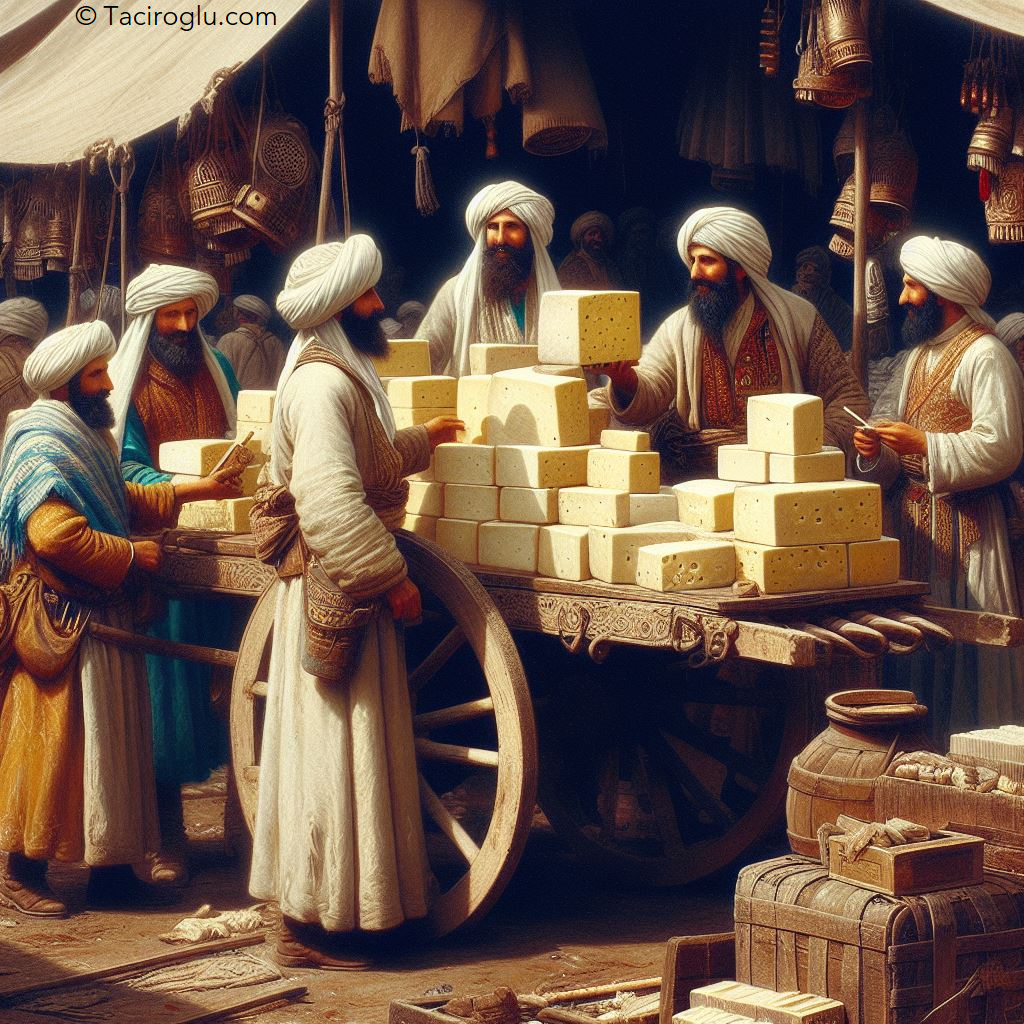
Immigration Crisis
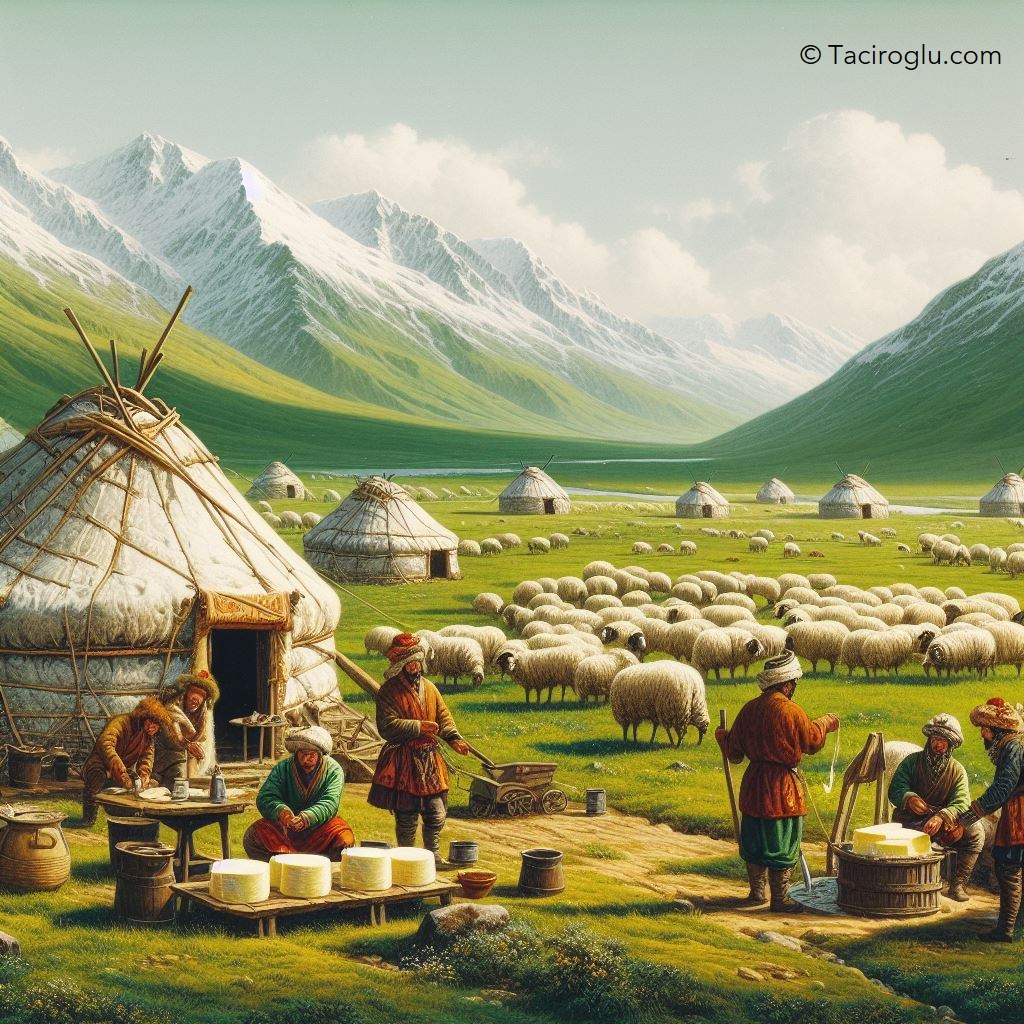
Another challenge that they had to confront was the influx of immigrants. The empire was overwhelmed by the arrival of large numbers of people. These immigrants sought refuge from other regions, such as the Balkans and the Caucasus, where they faced wars and persecutions. The authorities assigned some of these immigrants to the lands that belonged to the Tecirli clan. This was without the clan’s consent or knowledge. The majority of the Tecirli nomads were away for their seasonal migration. They had no idea that their lands were given away to strangers. When they came back to their lands, they were shocked and enraged to find them taken over by foreigners, who had killed their men and violated their women. They appealed to the government for help, but they received no support.
The Tecirli nomads felt betrayed and abandoned by the empire, which taxed them without representing them. They had to fight on their own against the invaders and the corrupt officials. This situation led to constant violence and instability in the region. The Tecirli nomads did not gain fame or recognition for their struggle, unlike the Boston Tea Party, which became a symbol of the American Revolution. They were forgotten by history, but they left a legacy of resilience and resistance.
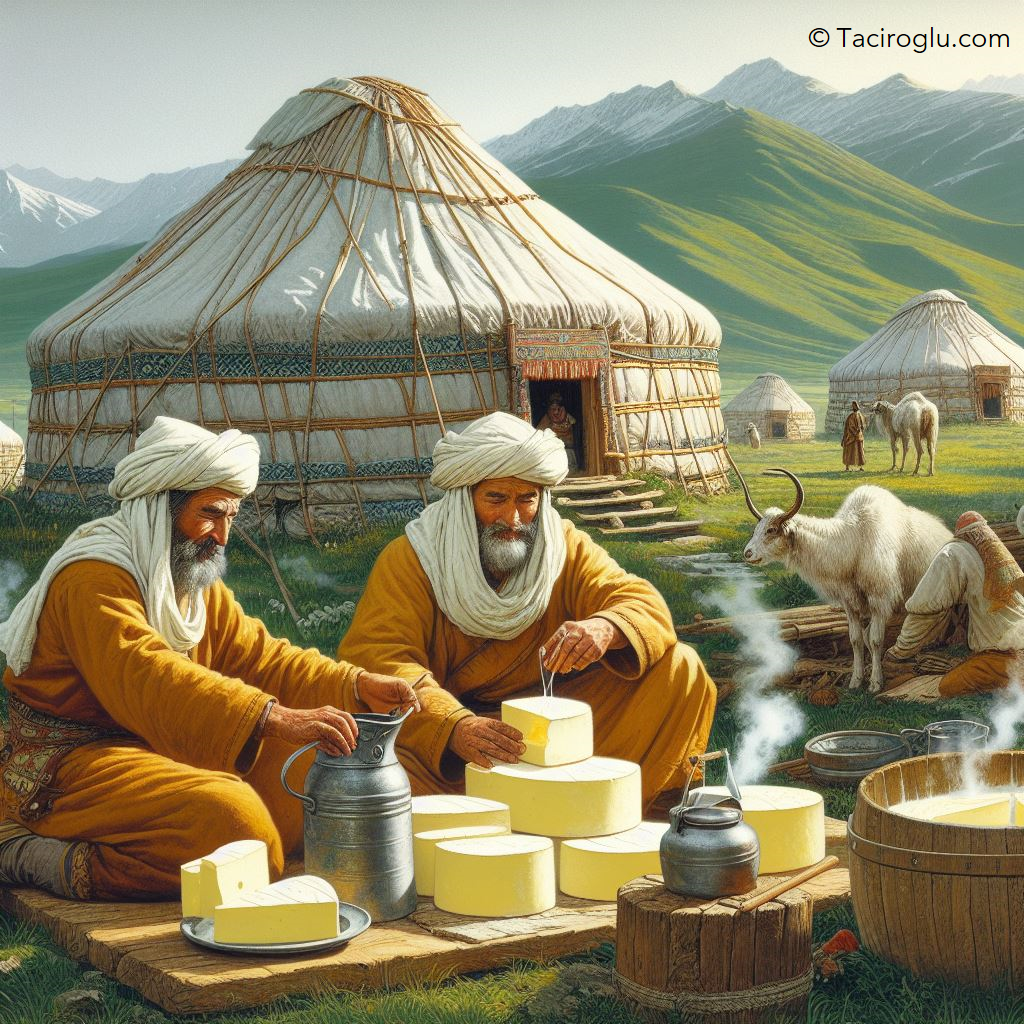
Massacre of 1880
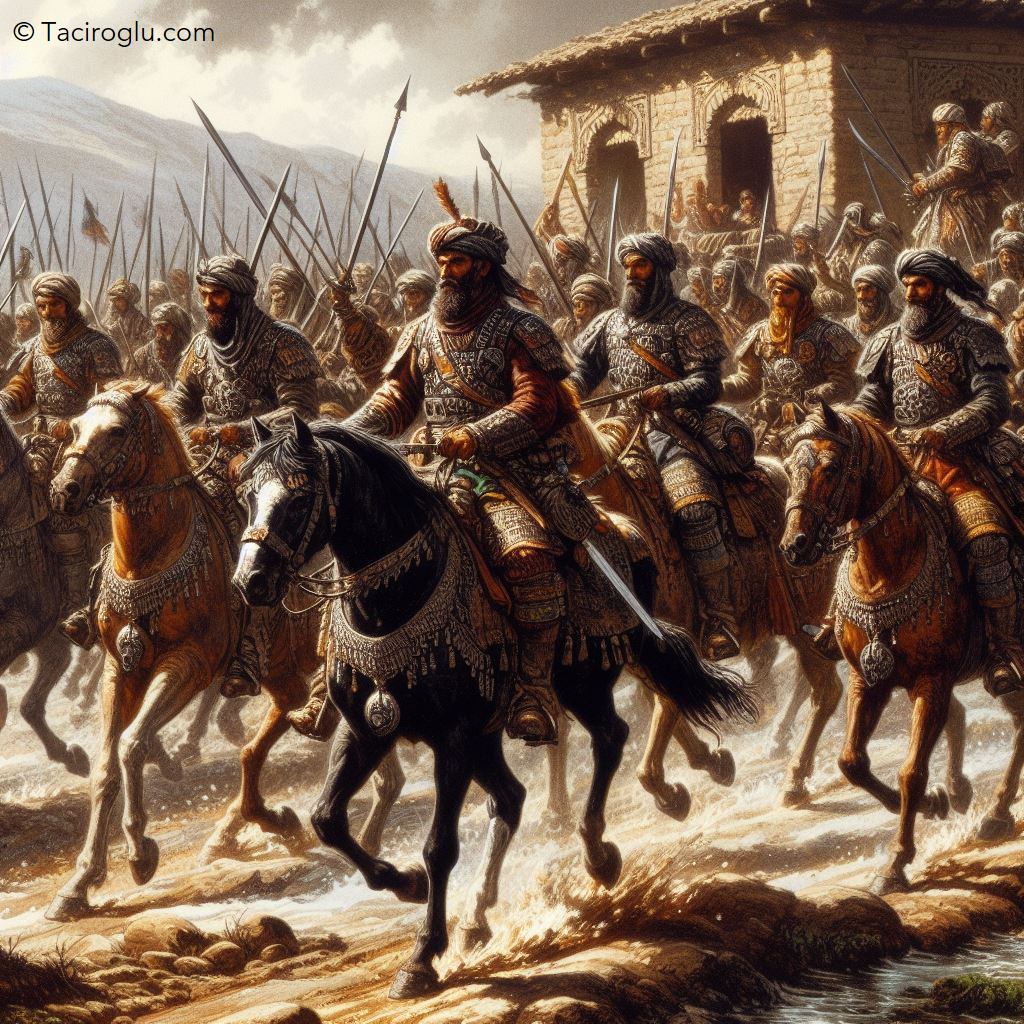
The year 1880 was a tragic one for Tecirli history. A group of corrupt Ottoman officials and immigrants launched a violent campaign against the clan, killing thousands of its members. Among the victims was Tecirli Mehmed Efendi, a respected leader and merchant of the clan. His son, Tecirli Ali Efendi, was only eight years old at the time. He witnessed his father’s brutal murder and managed to escape the massacre. Ali then returned to the scene of the crime and retrieved his father’s corpse, which he carried on his back in a large bag that was used for cheese making. He brought his father’s body to his home in Nigde. Ali and his six-year-old brother, Tecirli Haci Mehmet, performed a makeshift funeral service, following their own childish understanding of the rituals.
Tecirli Ali Efendi
Nigde is a city in the Central Anatolia region of Turkey, with a history dating back to the Hittites. In the 1880s, Nigde was part of the Ottoman Empire and the Konya Vilayet (province). It had a population of about 80,000, mostly Muslims, but also some Greeks and Armenians. The two brothers did not have the means or the knowledge to properly preserve or bury their father’s body. Thus, they kept the body of their father in their house, in the same bloody bag, for many years. Tecirli Ali Efendi had to grow up fast and take care of himself and his brother.

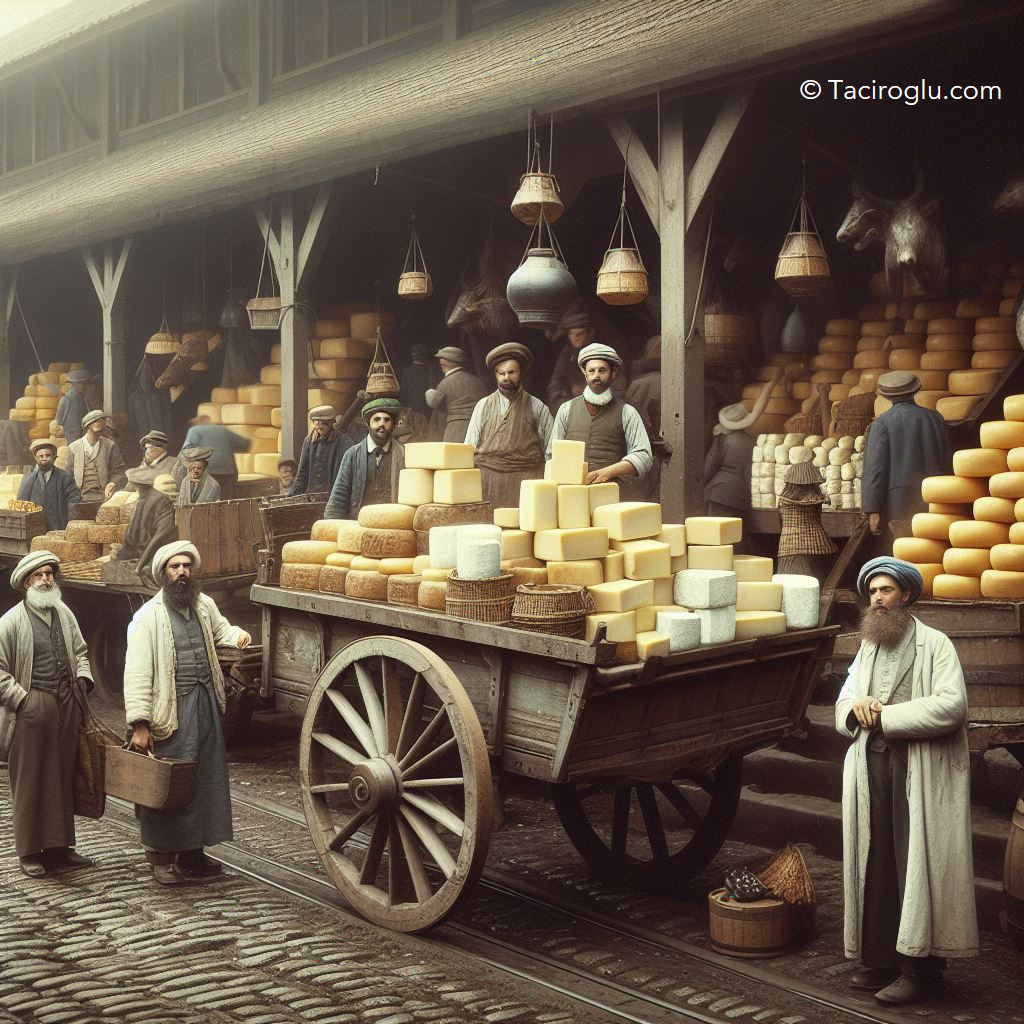
He started working as an apprentice in his father’s Greek friend’s shop where he learned the skills of the trade. Ali also traveled a lot, visiting different cities and markets. We heard stories that he always took his father’s body with him, never wanting to leave it behind. He hoped to find a suitable place to bury his father and honor his memory. Tecirli Ali Efendi finally achieved his goal in 1900, when he was 28 years old. He bought a grave in Nigde, where he laid his father to rest, after 20 years of carrying him around.
